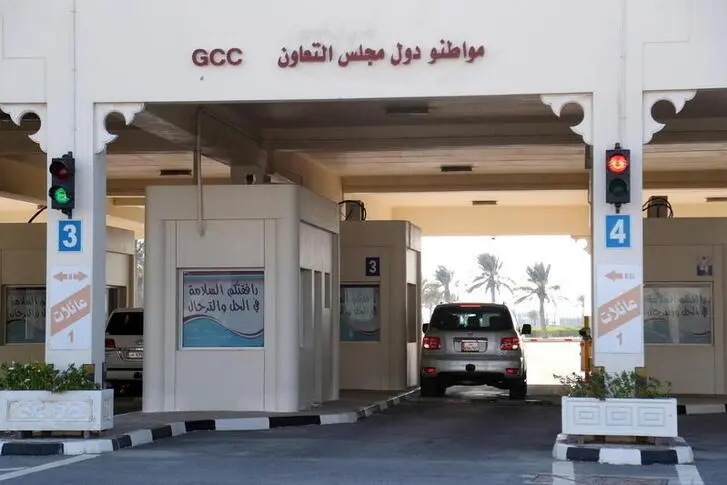PHOTO
The restoration of diplomatic ties between Qatar and four Arab nations is unlikely to have immediate material credit ramifications, said Moody’s Investors Service.
Saudi Arabia, Bahrain, Egypt and UAE agreed to reinstate diplomatic relations with Qatar, at last week’s Gulf Cooperation Council (GCC) summit, ending a three-year standoff and restoring full ties with the Gulf state.
The four countries severed ties with Qatar in 2017, blocking commerce and travel from the Arab neighbour. Following the recent breakthrough pact, Saudi Arabia and UAE have already announced the reopening of their borders with Qatar, while other states are expected to follow suit.
Moody’s said while the reopening of land, air and sea borders will allow the resumption of cross-border trade, services and travel, the diplomatic thaw is unlikely to have immediate material credit ramifications due to the limited intra-GCC trade linkages and the prolonged duration of the diplomatic spat.
It noted that the three-year long Qatar embargo provided the Gulf state with ample time to build trade and financial ties with new partners outside the GCC .
However, there will be some marginal economic benefits for tourism and trade in the region at a time when both sectors are still reeling from the coronavirus shock, the Moody’s report said.
Qatar's intra-GCC direct trade ties were already limited before the embargo, with imports of products originating from within the GCC mainly comprised of relatively fungible goods like construction materials and basic industrial products.
While Qatar also relied on imports such as food supplies from outside the GCC which were shipped via Dubai’s Jebel Ali port, the authorities were able to limit the timescale of any disruption by rerouting supply chains using Qatari ports and excess air freight capacity.
Moreover, Qatar’s main exports to the GCC, which are mainly piped natural gas to the UAE through the Dolphin pipeline, continued undisrupted throughout the diplomatic dispute.
Abu Dhabi National Oil Company (ADNOC) and Qatar Petroleum also renewed an oilfield concession in 2018 despite the embargo.
Tourism impact
However, the agreement will once again allow visitors to Qatar from Saudi Arabia, Bahrain and the UAE, which accounted for almost 40 percent of total arrivals prior to the dispute.
Tourism is not a major contributor to the Qatari economy, accounting for around 9 percent of the gross domestic product (GDP), and the pandemic will constrain near-term upside potential, the report added.
Over the medium term, the normalisation of relations will allow regional football fans, especially from Saudi Arabia, to attend the 2022 FIFA World Cup.
It will also allow Qatar Airways to resume flights over the rest of GCC, thus avoiding the use of Iran’s airspace and reducing Qatar’s strategic dependence on the Islamic Republic.
Other GCC sovereigns may experience some positive pressures on the margin. The UAE, especially Dubai, and Saudi Arabia may benefit more from the reopening of trade, tourism and investment channels with Qatar, given their tourism and real estate sectors.
(Writing by Brinda Darasha; editing by Cleofe Maceda)
Disclaimer: This article is provided for informational purposes only. The content does not provide tax, legal or investment advice or opinion regarding the suitability, value or profitability of any particular security, portfolio or investment strategy. Read our full disclaimer policy here.
© ZAWYA 2021




















